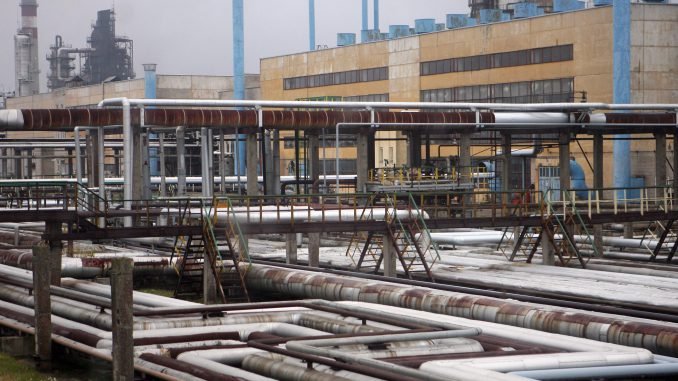
A legislative project being discussed in Seimas right now to regulate strategic company operations may have a negative impact on the recently recovering Lithuanian – Polish relations. The neighbours, just as all other investors, unlikely find the Lithuanian government’s excessive meddling in private business appealing, Lietuvos Žinios writes.
The legislative project which seeks to ensure the safety of companies and other objects of strategic importance to national security is being followed not only in Lithuania. According to political scientists, the upcoming decision by members of Seimas primarily interests the politicians and businessmen of neighbouring Poland. Thus depending on how it turns out, it may depend whether the recently warming relations will not cool off again.
To remind, the most criticism for the project from the Ministry of Economy was over the proposal to legalise cabinet and State Security Department (VSD) meddling in private business affairs. The greatest surprise over these amendments was for the largest private capital companies in the country – Achema, ORLEN Lietuva and Telia Lietuva. If the project passes, their business transactions may end up under scrutiny. Experts immediately warned that state intervention into private property will harm Lithuania’s image and will deter potential investors.
Only measured decisions
According to Minister of Foreign Affairs Linas Linkevičius, if the legislation has “artificial unjustified hurdles”, it will likely impact relations with Poland. “I have assurances that no-one intends to do so. I hope everyone understands the importance of this relationship,” L. Linkevičius told Lietuvos Žinios.
Vytautas Magnus University docent Andžejus Pukšto warned that the cabinet must be exceptionally careful when taking up the initiative to regulate the activities of private capital companies because it may just happen that in the future it may need to compensate the losses caused by the decision. “Thus both pragmatically and legally, such decisions must be exceptionally well measured. After all they clearly demonstrate that we are creating a good atmosphere and good conditions for foreign investors. This is particularly important when the investors are from our region – from Poland, the Scandinavian countries, where security requirements and overall pursuits of regional stability completely match,” A. Pukšto told Lietuvos Žinios.
While the government’s goal to have more control in deciding regarding strategic affairs is understandable, the expert notes that in doing this, European legal norms must be adhered to strictly. “If we want to be more sacred than the pope, investors will simply find a different investment location. Then the news of such Lithuanian legislation will spread far afield. The question of the Mažeikiai-Renge railway still hangs in the air and we’re already talking about ORLEN Lietuva,” A. Pukšto added.
Turbulence incoming
Political analyst Rimvydas Valatka believes that state interference in business affairs, even when it is state businesses, is not good. “The state, just as a private company, is controlled by the management. If it is formed transparently, suitable individuals are chosen, they have to completely answer for their actions rather than being danced around by the Special Investigation Service (STT) or the VSD. Such total mistrust in your own people completely explodes the country from within. By touching ORLEN we will once more have a new conflict with Poland and its government, which definitely protects its companies abroad. If the Seimas passes such a ruling, Polish politicians and news media will have at least half a year’s worth of material to cause turbulence,” R. Valatka stated, pointing out that this present the image that the only law abiding ones in the country are STT and VSD officers.
According to the expert, investors already have fairly negative views of Lithuania, with more leaving in the past two years than coming. “In a geographical and geopolitical perspective Lithuania has little to offer investors. When such legislation appears, the opportunities for investment decrease even further,” the analyst stressed. R. Valatka believes that the legislative project is a result of “poor legal and political culture.”
Experts concerned
Meanwhile the Seimas Committee of Economics is deliberating regarding the second variant of the amendments. It outlines that the state will be able to evaluate (halt or otherwise influence) business deals which exceed 10% of the company’s revenue, halt the agreement if based on it, a participant gains access to essential information technology systems, infrastructure and databases, as well as when the property is being handed over for a period longer than 10 years. Company deals will be evaluated by a special commission which will contain representatives delegated by the cabinet, president, VSD and Prosecutor General’s Office.
In discussions on the project, experts have pointed out to members of Seimas a number of times that European Union law already has precedents where companies in Italy, Belgium and other EU countries took to court regarding unclear criteria for private business regulation. They reminded of the European Court of Justice practice, according to which it is forbidden for business subjects to be restricted a priori without considering special circumstances and such matters.
That the government intends to interfere and regulate transactions, experts find, risk incalculable losses for companies – prices in the markets may change every day, thus even a two week freeze on the transaction risks losses in the millions.

Be the first to comment